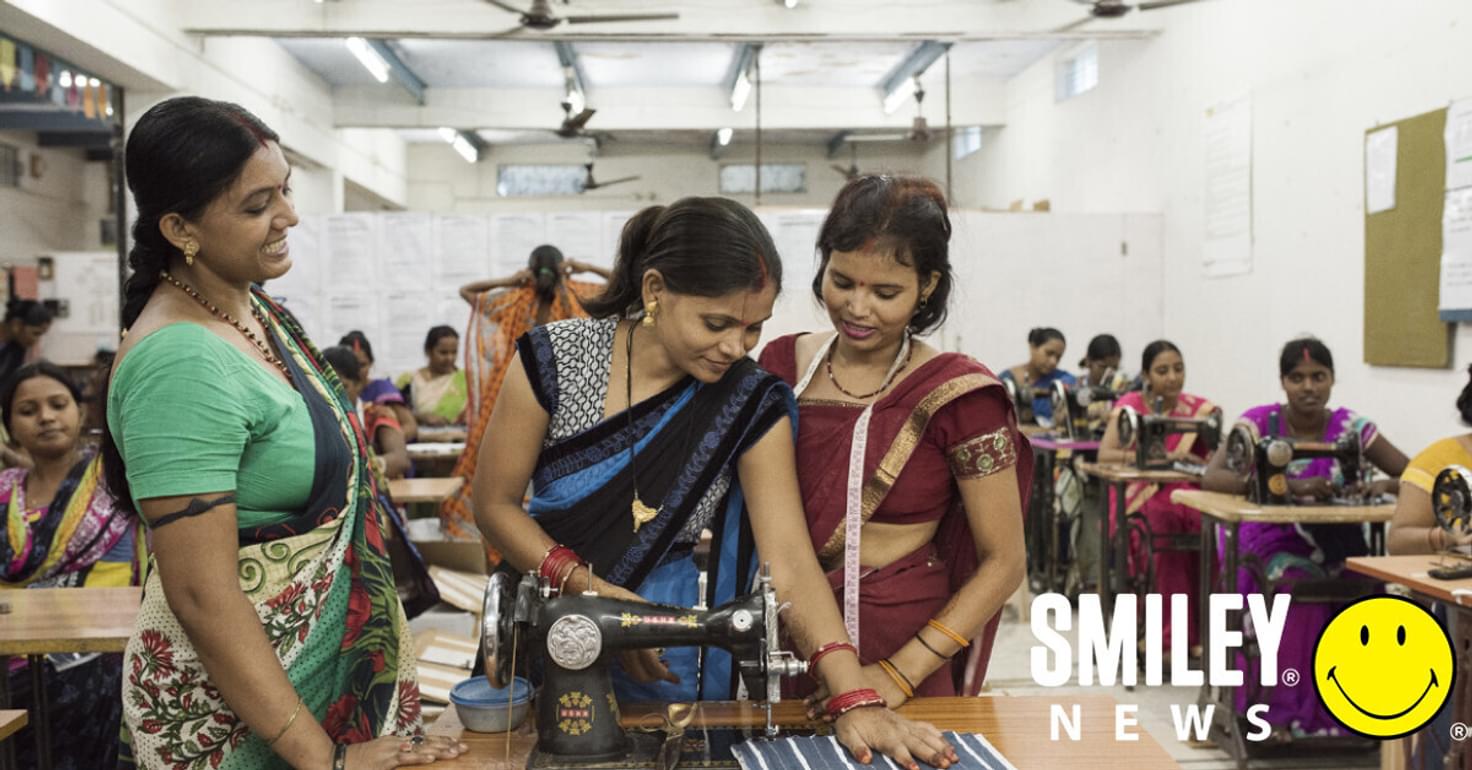
Words by Smiley Team
Usually known for its signature Scandinavian products, IKEA has branched out to sell home furnishings crafted by sustainable projects around the world. The social enterprises they partner with offer an income to marginalised groups and women in vulnerable communities. To build further support for these valuable initiatives, IKEA announced it will expand its reach to include more social enterprises, offering 95,000 jobs around the world by 2025.
To date, the partnerships have helped nearly 150,000 family members of these artisans. In order to take this further, IKEA has will extend its partnerships with a goal of increasing the number of jobs from today’s 30,000.
From the collaborations they’ve made so far, their product ranges feature sustainably-made kitchenware and other furnishings such as textiles woven from renewable banana leaf fibres and cushion covers sewn by Jordanians and Syrian refugees.
Leading the social entrepreneurship initiative is Vaishali Misra, who is responsible for ethically sourcing goods by partnering with social enterprises globally.
She said: “I’m very proud of what we’ve accomplished, but I know that we can do much more. We have built strong business relationship with our partners for many years, and now we are happy to join hands with a few additional highly established social businesses, and together we will be scaling up the social entrepreneur business.”
In addition to these partnerships, IKEA retail markets are joining forces with other social businesses to provide services and products upcycled from IKEA textile waste and local food products.
Helping the people and planet to thrive
Around the world, more than 2 billion people struggle to provide for themselves and their families. Since 2012, the company has combatted this problem by teaming up with social entrepreneurs to improve lives through long-term job opportunities and livelihoods for people who need it the most.
Misra explained: “It’s a working relationship on inspiration, knowledge sharing, and mutual exchange of competencies. The social entrepreneurs ensure a diverse and unique product offer. On its part, IKEA uses its network to supply the enterprises with affordable, high-quality raw material, extending their infrastructure to the social enterprises. By doing this on a high scale, we could also inspire other retailers to do the same. That’s what I call impact.”
These socially-beneficial projects build on the company’s pledge to only use recycled or renewable materials by 2030, an announcement that came shortly after it bought 11,000 acres of forest for conservation purposes.
Driven by dedicated staff members like Misra, who focus on sustainability, these initiatives will ensure IKEA adapts to a radically changing world by doing their bit to help the planet and the people on it to thrive.